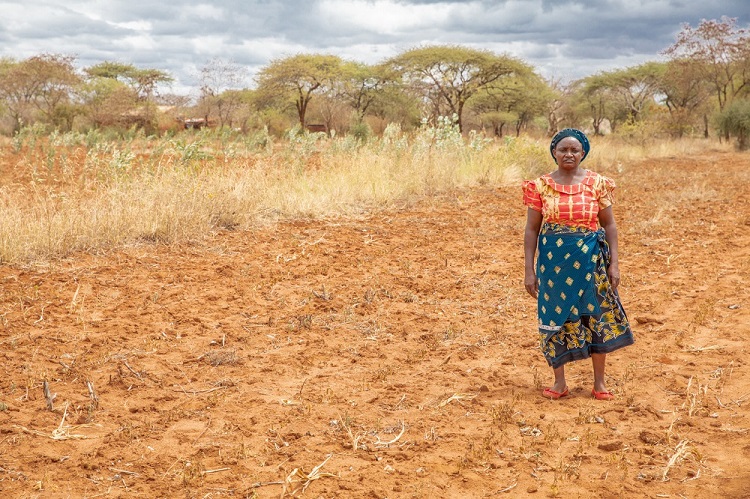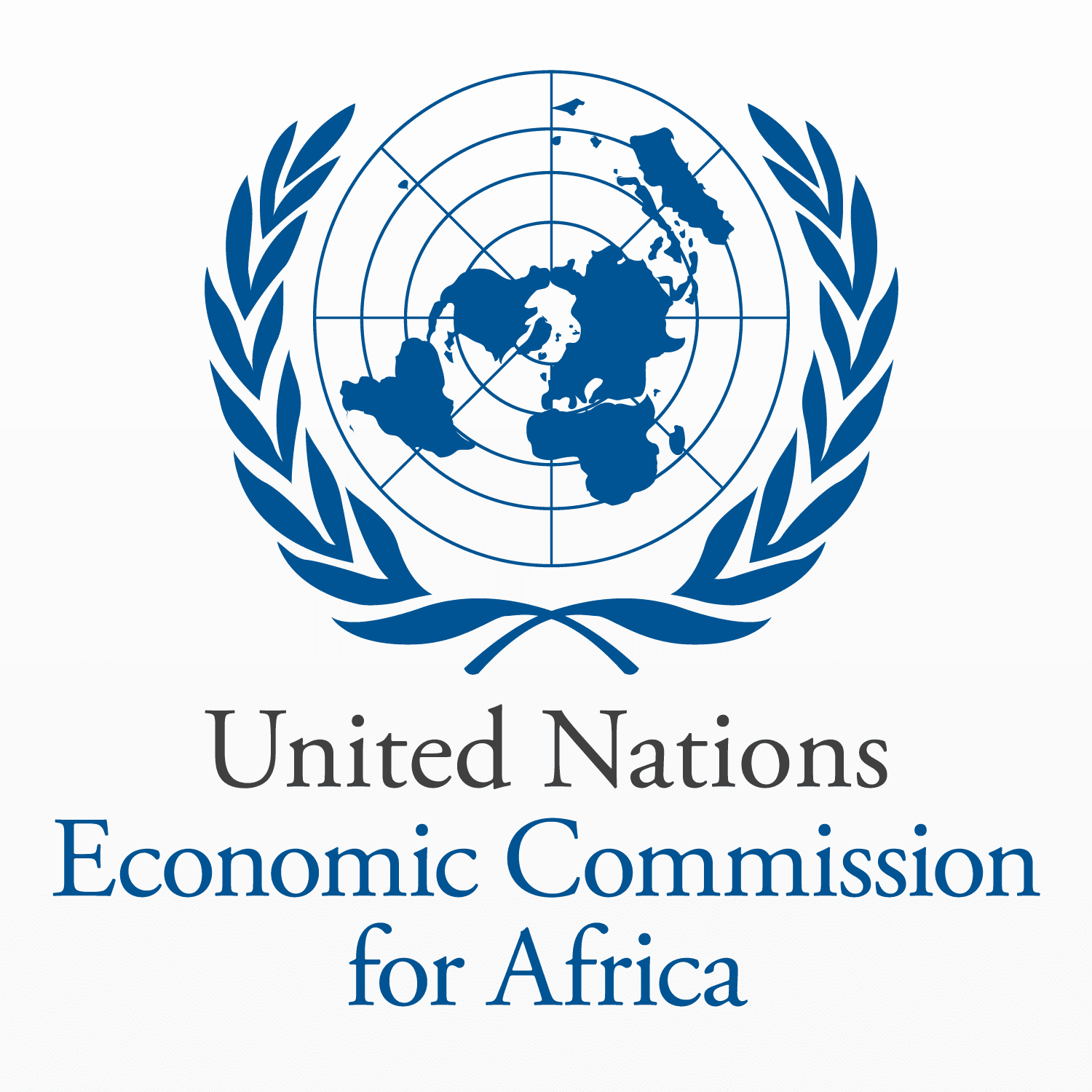
Leading environment groups have agreed that the US, the countries of the European Union, the UK, Japan, Canada and other wealthy countries should support a target of at least $60 billion annually of international finance for biodiversity in developing countries.
To stop biodiversity loss and achieve a nature-positive economy, this financing effort must be part of a broader and holistic package to close the biodiversity finance gap, including increased domestic and private finance for biodiversity and the elimination of public and private investments that are harmful to biodiversity.
The recommended $60 billion figure was released in advance of a major round of United Nations biodiversity negotiations set to take place in Geneva, Switzerland this month—an important moment on the road to the final biodiversity summit in Kunming, China later this year.
In China, delegates from over 190 countries will agree on a global strategy to confront the biodiversity crisis—the post-2020 Global Biodiversity Framework (GBF). The biodiversity strategy is considered to be equally important to the fate of the planet as the 2015 Paris Climate Agreement.
Calculated in consultation with leading economists and based on a growing body of economic studies about the benefits of investing in nature protection, the $60 billion figure would help address the disproportionate impact of wealthy country consumption habits on biodiversity.
Research shows that 30% of global threats to biodiversity are generated by international trade, particularly trade in commodities produced in developing countries for use in developed countries.
Wealthy countries—including the European Union countries, the UK, France and Canada—and philanthropists have announced increased funding for biodiversity in recent months, but the environmental groups are calling for increased ambition to reach the $60 billion target.
This amount is limited to international finance for biodiversity—funds sent to developing countries from developed countries—and does not include the funding that countries and private funders must spend to address biodiversity domestically.
The overall need to address the biodiversity crisis is estimated to be $844 billion annually, which is $711 billion more than is currently being spent. Less than $10 billion of current spending is international biodiversity finance.
The organizations argue that the urgently-needed increase in international finance must be part of a broader holistic effort to close the global financing gap, including aligning public and private financial flows to a nature-positive economy, eliminating harmful incentives, including subsidies, while creating positive ones, increasing domestic funding for biodiversity in developed and developing countries and increasing the effectiveness and efficiency of existing resources.
In addition, the finance sector is a critical lever for the transformation to a nature-positive world with several financial institutions already calling for regulations to measure, assess and disclose their dependencies and impacts on biodiversity.
Scientists have urged that ending the biodiversity crisis is as important to the future of humanity as stopping global warming. A seminal 2019 scientific study found that one million animal and plant species could go extinct within the next decades.
Safeguarding these species and their habitats as well as ensuring the critical benefits nature provides humanity will require dedicated finance—with equitable access by developing countries as well as Indigenous Peoples and local communities.
According to Patricia Zurita, the CEO of BirdLife International, “ending the biodiversity crisis is as important to the future of humanity as stopping climate change. To stop biodiversity loss and achieve a nature-positive economy, we must close the biodiversity funding gap.”
“Wealthy countries should support a target of at least $60 billion annually of international finance for biodiversity in developing countries. This financing effort needs to be part of a broader and holistic package and includes eliminating harmful incentives, including subsidies, and other creative financial mechanisms and tools,” Zurita added.
The organizations standing behind this call for finance include BirdLife International, Conservation International, Campaign for Nature, the International Union for Conservation of Nature, Natural Resources Defense Council, The Nature Conservancy, Rainforest Trust, Wildlife Conservation Society, WWF and World Resources Institute.












